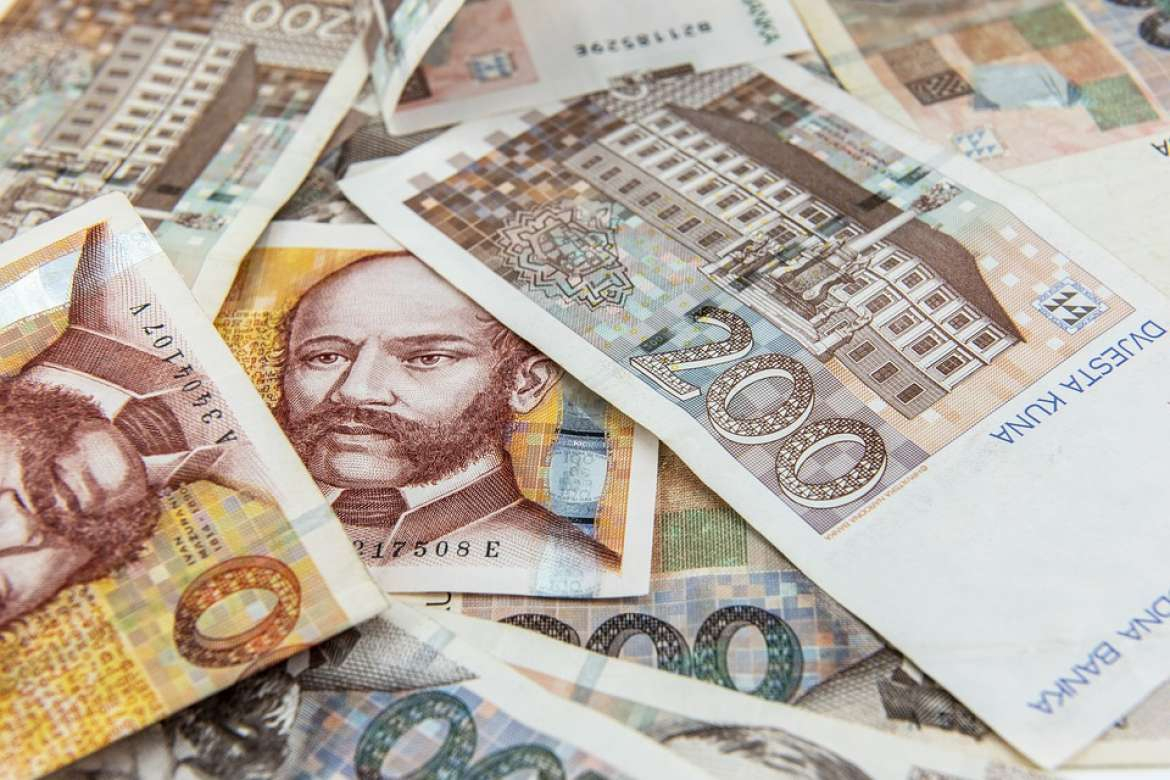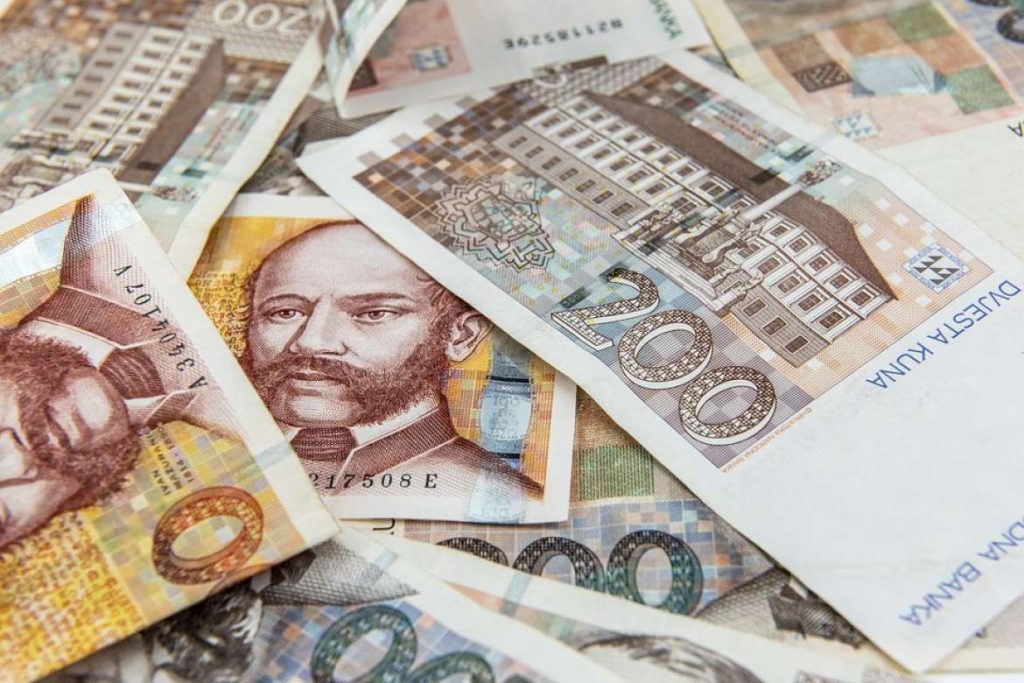
As Poslovni Dnevnik writes on the 30th of October, 2020, in an interview with Media Service Week, CNB Governor Boris Vujcic spoke about whether the Croatian economy can withstand another lockdown, about recovery, the budget, international reserves and revealed whether the pandemic will make it harder for us to enter the Eurozone.
Many countries are introducing lockdown, although we’re wary of that word, in Croatia it is being talked about more and more often due to the worsening epidemiological situation. If that scenario happens again, can our economy survive it?
”We can, we can certainly survive even if there’s a full lockdown. However, it must be borne in mind that it’s very expensive, as it turned out to be before as well. You can see that we ended the year with a budget deficit of 29.5 billion kuna. This is due to just this type of lockdown. If possible, it is good to avoid this type of lockdown because it leaves consequences in terms of a large debt that will have to be repaid tomorrow,” said Boris Vujcic for Media servis.
He emphasised that the CNB is in a position to be able to finance needs as they could in the spring, and if we continue with the current epidemiological measures for a long time, Boris Vujcic says that it will be a blow to the living standard of the entire population. According to the latest estimates, the decline in GDP this year will be a concerning 8 percent, while next year it is expected to grow by 5 percent and by the end of 2022 there’ll be a full recovery for Croatia. These percentages, especially the recovery forecast, are considered unrealistic by many in political circles and even the economic profession, especially those who take into account that Croatian public debt is a sky high 330 billion kuna and that the country’s budget is mostly based on personal spending and borrowing.
”Just after we came out with those predictions, the number of coronavirus infections also rose sharply. It means that some of these negative risks have begun to materialise. However, once again, it’s very difficult to say what will happen by the end of the quarter,” he explained.
Asked if there were any indications that this estimated decline in GDP would be higher this year and that a slower recovery would follow, he said that the CNB gives its estimates only every three months and that in the latter they said that negative risks prevailed:
“In the autumn baseline scenario, we can assume that we’ll have a vaccine in the first quarter. I think this is the most realistic assumption at the moment because as far as I hear from epidemiologists, coronavirus vaccines are in their final stages of testing,” Boris Vujcic noted.
If things do develop that way, he claims that Croatia will have a faster economic recovery. However, if complications occur, then a worse situation awaits us. He believes that at the moment we’re balancing well between restrictive measures and preserving the domestic economy. When it comes to the CNB’s gross international reserves, when asked if it was critical at the time of the spring lockdown and if he wondered during that period whether they were sufficient, he replied:
“Yes When something like this starts, then one always wonders if they’re going to be enough. When this started, there was a sudden demand for foreign exchange. We responded by intervening with international reserves of 5.1 percent of GDP, which is a huge intervention. In a couple of weeks, we had to spend 2.6 billion euros, and at that moment, of course, one can see how much these reserves are and what will happen if they continue to decrease at this rate. You get the question of: How long can it last?”
But then the CNB agreed with the European Central Bank to establish a swap line, that is, for us to give them kuna and they give us euros. Governor Boris Vujcic explains that at that time, all speculators against the kuna gave up because everyone on the market knows that this will increase international reserves and the possibility of maintaining exchange rate stability. In September, these reserves amounted to 18.3 billion kuna. If we fail to avoid a new lockdown, will we again find ourselves in a similar situation where we’re wondering if we have sufficient supplies?
“I think we’re even more prepared at the moment than we were back at the beginning. The main reason is that in July we entered the exchange rate mechanism of the European Union – ERM II. In this mechanism, we have automatic access to the swap line of the European Central Bank,” assured Boris Vujcic.
Since we’ve been in a kind of “euro waiting room” since back in July and there are earlier estimates that Croatia could introduce the euro on January the 1st, 2023, will the pandemic prolong that waiting room?
Boris Vujcic explained that we eliminated the first risk, and that was the entry into the exchange rate mechanism, and the second risk is that we might not end up meeting the nominal convergence criteria:
“In terms of inflation, interest rates and exchange rates, it’s unlikely. As far as public debt is concerned, it’s unlikely, because our public debt must fall by one twentieth of the difference between the current level of public debt and 60 percent. This is a realistic expectation. The biggest and currently the only real risk is that the budget deficit must be kept below 3 percent,” concluded VNB Governor Boris Vujcic.
For the latest travel info, bookmark our main travel info article, which is updated daily.
Read the Croatian Travel Update in your language – now available in 24 languages
Join the Total Croatia Travel INFO Viber community.









